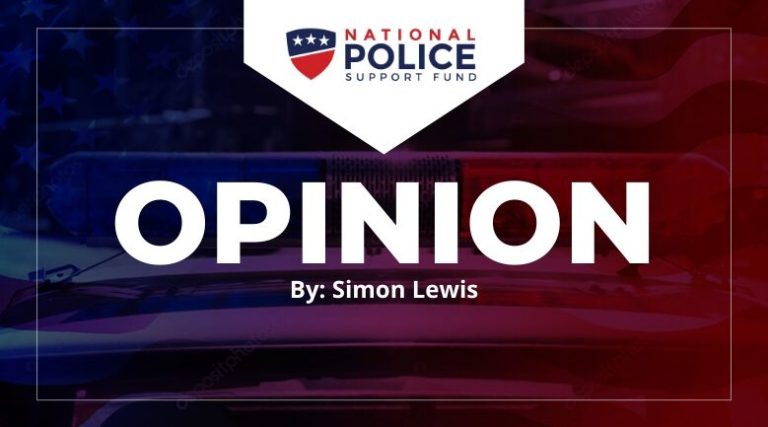It’s an interesting phenomenon to watch elected officials and citizens get ‘up in arms’ and debate about a topic that they themselves don’t seem to fully understand. Don’t get us wrong- it is an extremely important topic and affects police officers even more than most of the other reform measures floating around Congress these days, but we think it is important for people to have a foundational understanding of the issue before debating it. Any change to qualified immunity would have serious and long-standing implications for police officers, so it is vitally important for legislators to get it right. So what is qualified immunity?
Qualified immunity is a type of legal immunity. “Qualified immunity balances two important interests—the need to hold public officials accountable when they exercise power irresponsibly and the need to shield officials from harassment, distraction, and liability when they perform their duties reasonably,” according to the court case Pearson v. Callahan. The U.S. Supreme Court first introduced the qualified immunity doctrine in 1967, originally with the rationale of protecting law enforcement officials from frivolous lawsuits and financial liability in cases where they acted in good faith in unclear legal situations.
Specifically, qualified immunity protects a government official from lawsuits alleging that the official violated a plaintiff’s rights, only allowing suits where officials violated a “clearly established” statutory or constitutional right. When determining whether or not a right was “clearly established,” courts consider whether a hypothetical reasonable official would have known that the defendant’s conduct violated the plaintiff’s rights.
Qualified immunity is important for a number of reasons. First, it protects law enforcement officers from being the target of frivolous lawsuits over civil rights violations in their official capacity. If qualified immunity is repealed, it would create an unpredicted legal environment. This means activist judges can use a repealed law to rule on lawsuits based on their feelings not on legal basis. A repeal of qualified immunity could mean police officers could face a risk in their livelihood as they can get sued in their personal capacity.
This is an extremely important topic that can have serious repercussions for the future of law enforcement, so it is vital that our citizens understand the basis for qualified immunity- especially as it comes under scrutiny. National Police Support Fund has created a Qualified Immunity Facts Page on this topic and has launched an initiative to spread awareness and understanding of this now-national issue. You can find the Facts Page here: https://nationalpolicesupportfund.com/issues/qualified-immunity/








